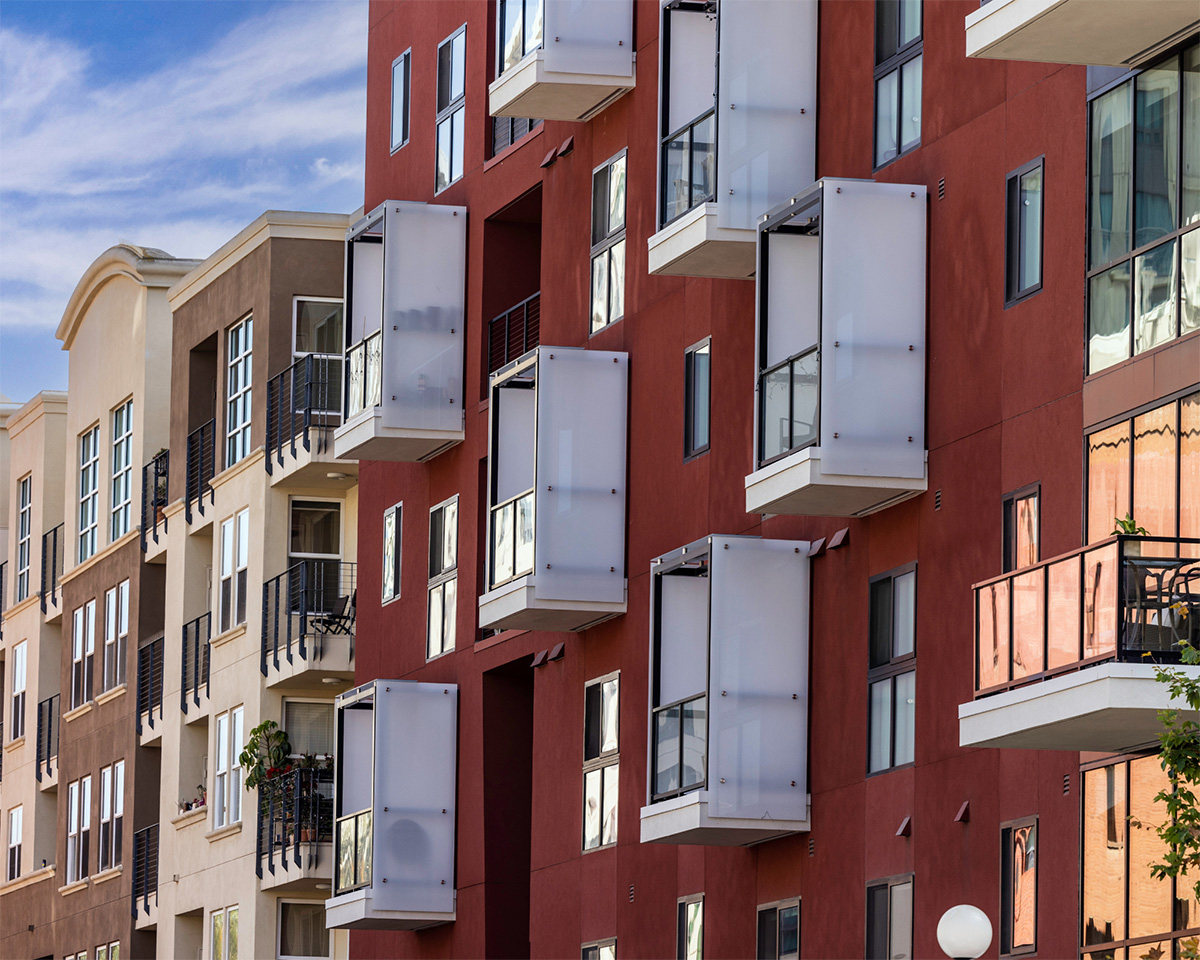
For Immediate Release
December 14, 2023
MEDIA CONTACT:
Robin Tung, robin@buildingdecarb.org
805-405-8167
California utility regulators eliminate a fossil fuel construction subsidy to speed building decarbonization
A subsidy incentivizing dual gas and electric hookups in new home construction will be eliminated, accelerating the construction of zero-emission homes, and meeting the state’s climate targets.
Sacramento, Calif. — The California Public Utilities Commission (CPUC) voted 4-0 to end subsidies for new construction of mixed-fuel (gas and electric) projects today in order to accelerate building electrification. This move will lower utility bills for ratepayers, and support the state in achieving its greenhouse gas reduction target for 2030 and carbon neutrality by 2045. Going forward, subsidies for new power line extensions will only be available for constructing homes and buildings that connect to the electric grid, encouraging the construction of zero-emission buildings.
“We applaud the Public Utilities Commissioners and staff for their hard work and leadership in decarbonizing California’s homes and buildings. Ending subsidies that expand the gas system makes sure that our ratepayer dollars invest in what is good for Californians: the development of zero-emission homes, which are safer, healthier, and more affordable. This vote is also a big step in improving air quality and reducing pollution for California families, workers, and communities,” said Beckie Menten, Senior Regulatory and Policy Specialist.
In California, homes and buildings generate approximately 25% of the state’s greenhouse gas emissions when accounting for on-site consumption of fossil fuels and emissions from energy generation. The pollution created from the building sector also produces more toxic nitrogen oxides than the state’s power plants. Encouraging the development of zero-emission homes and buildings and investment in a clean energy grid will help cut both greenhouse gas emissions and improve air quality for Californians.
The CPUC’s bold action to end subsidies for mixed fuel construction follows the agency’s decision to end gas line subsidies for new construction last year. It also aligns with the state’s building decarbonization strategies, including the Air Resources Board’s commitment to phase out gas-powered appliances in favor of healthier electric alternatives and the nearly $600 million in funding for zero-emission home upgrades from the Legislature for this year. The approved rule will go into effect on July 1, 2024.
###
The Building Decarbonization Coalition (BDC) aligns critical stakeholders on a path to transform the nation’s buildings through clean energy, using policy, research, market development and public engagement. The BDC and its members are charting the course to eliminate fossil fuels in buildings to improve people’s health, cut climate and air pollution, prioritize high-road jobs, and ensure that our communities are more resilient to the impacts of climate change.
